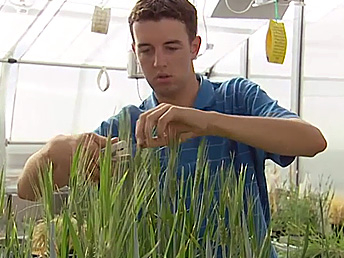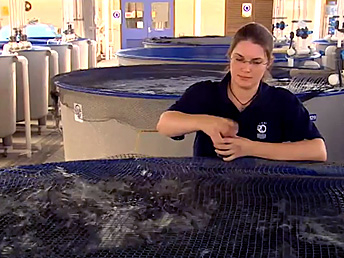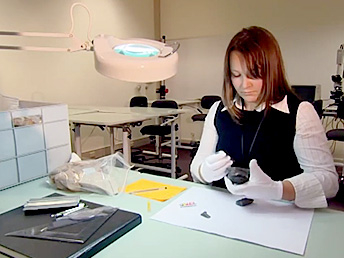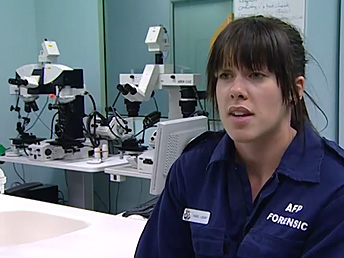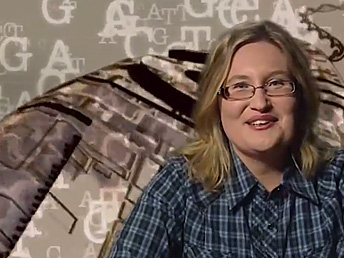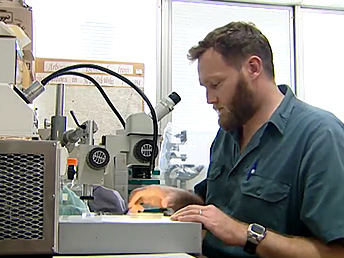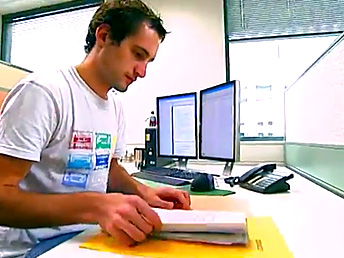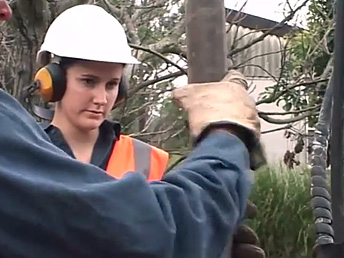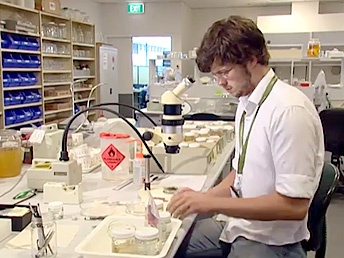
Forensic Anatomist
As a forensic anatomist you will recreate facial characteristics from forensic evidence. In this job you will combine a strong science background with artistic ability.
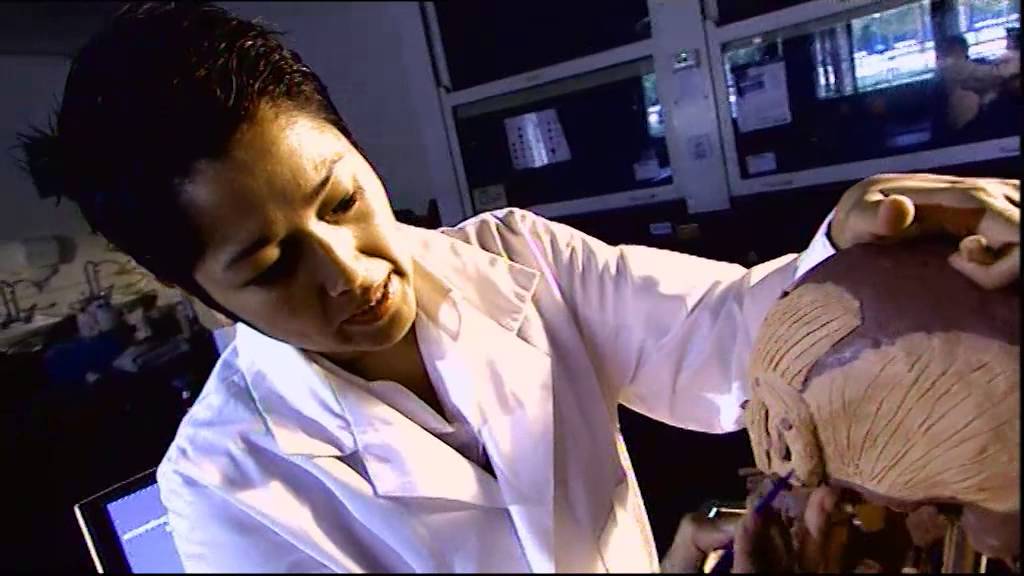

What the job looks like
Salary expectation
starts at $75,000 up to $120,000+

The good
- Giving families closure
- Playing a key role in solving crimes
- Consolidating evidence for police investigations
- Each day could be a new case
The not so good
- Can be emotionally draining
- Smell during exhumations
- Tight deadlines depending on the investigation
An anatomist is a biological scientist that studies the structure of living things. In this case, a forensic anatomist specialises in the human anatomy to help work out who committed a crime and how they did it.
You will be dealing with human specimens so you need to be comfortable with the thought of handling human remains. The application of science is critical in forensic anatomy and you will need to be familiar with the structure of humans including the skeletal, muscular and skin biology.
Most of your work will also be based off scientific evidence, police reports or crime scene photos. Mathematics is used to work out accurate dimensions of the skull or body part and science formulas are used to conclude the cause of death - such as determining the force that caused an impact wound or what sort of object could have caused certain fractures or broken bones.
Your work might also be used in court proceedings or in the media to help identify a person. Good English skills are also important to write up accurate reports as your conclusions could be used to convict a person of a crime.
If you enjoy science, solving problems and have an anlytical mind, then a career as a forensic anatomist could be for you.
I love the human body and faces and more so the investigation process.
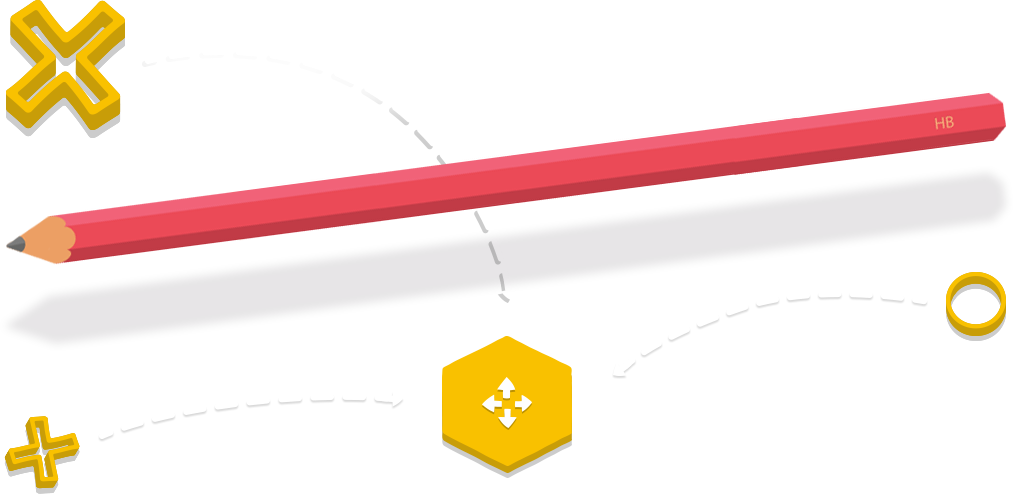
Pathways to this career
Subject suggestions for the HSC
Choosing your HSC subjects from this list could really help with your career. Think carefully about what you want to study after school as you might need to choose specific HSC subjects for that course and to count towards your ATAR (Australian Tertiary Admission Rank). An ATAR is your academic rank in relation to other HSC students and helps with University admission.
HSC subjects
Some subjects will count towards your ATAR, others will not. Check with your career advisor before making subject selections.
- English (Advanced or higher)
- Mathematics (2 Unit or higher)
- Biology
- Physics
- Visual Art
- PDHPE
What can I do after I have finished school?
University degrees
Studying one of these degrees can help with your career.
- Bachelor of Science
- Bachelor of Forensic Science
Suggestions
Check out ABC Science for more science information
- Take life drawings or sculpture classes
- Read up on how forensic anatomy is used in criminal cases
- Watch relevant TV shows. Even though some are dramatised, it should give you an idea of what forensic anatomists do
- Go to career expos and events like university Open Days for information about what you will study
